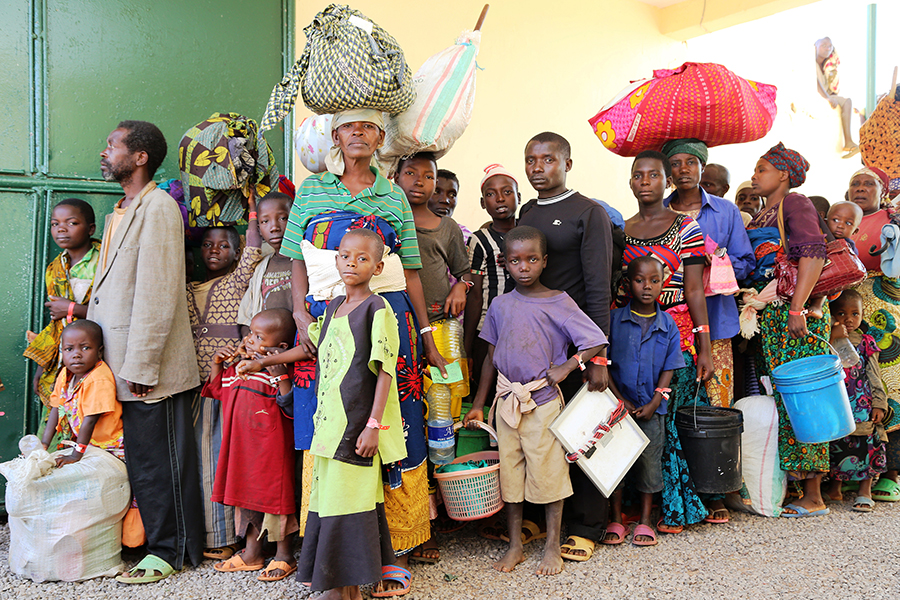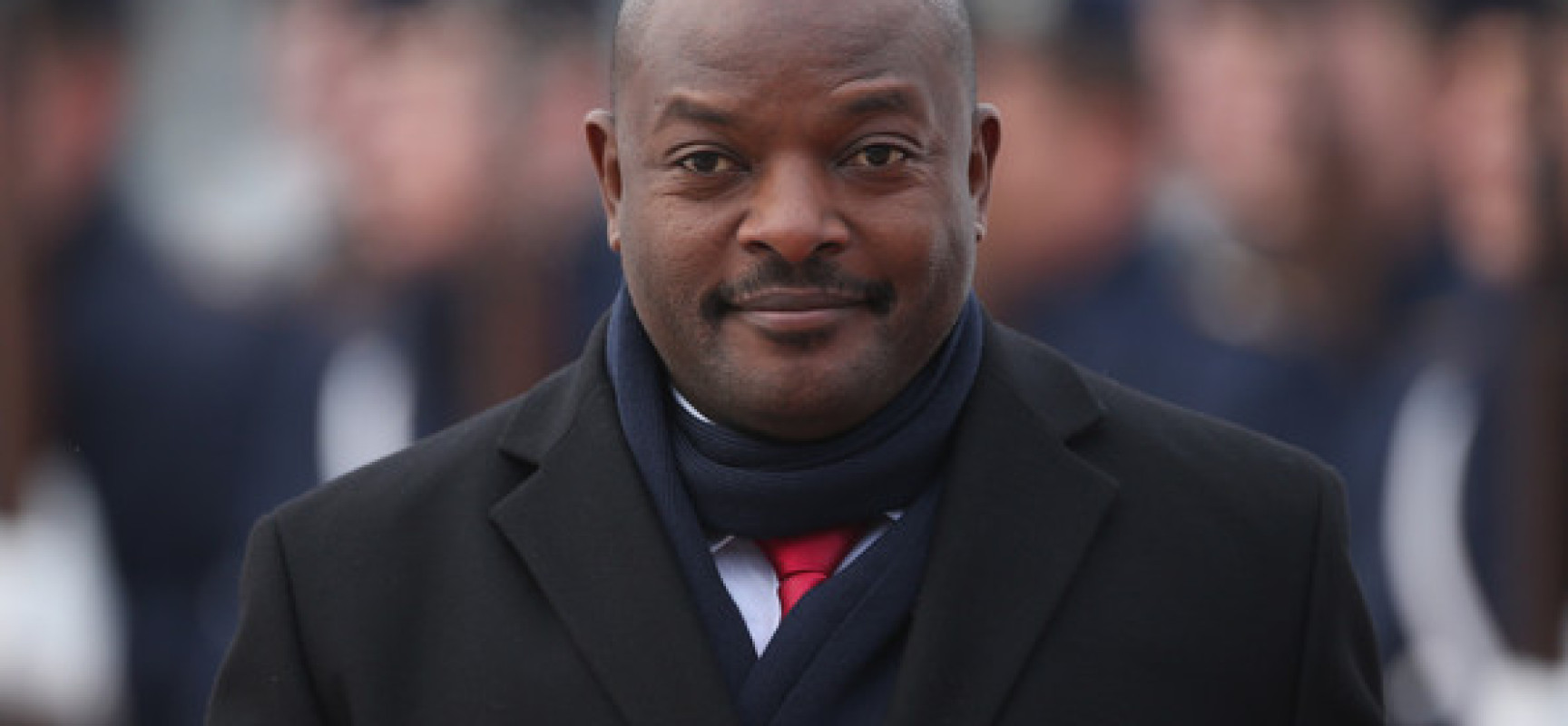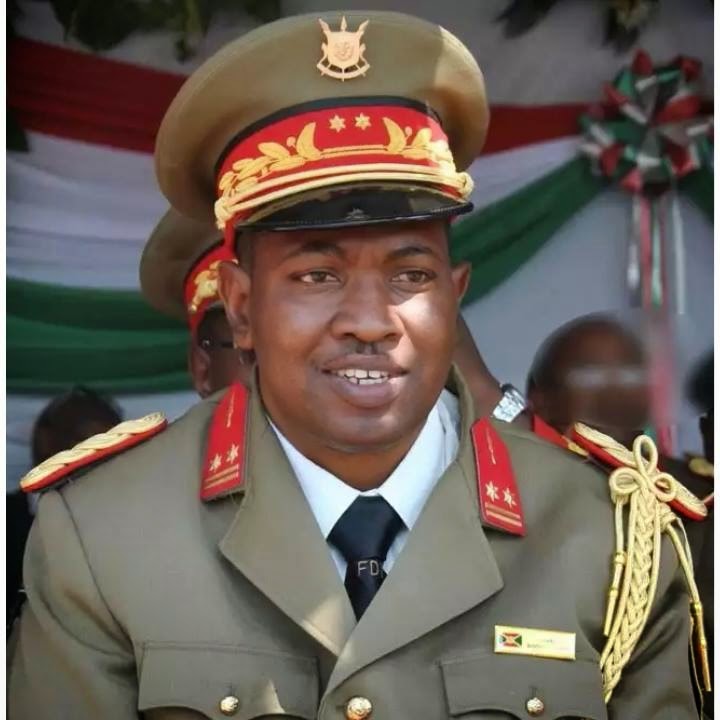Nyarugusu, a province in Tanzania, which is reputed to be the world’s third largest refugee camp has accommodated over 100,000 Burundians since the onset of the political crisis in Burundi.

Credit – www.crs.org
The first major display of violence in Burundi took place in 1972 and led to a genocide (one of the two that Burundi has experienced so far) that claimed the lives of hundreds of thousands of people and made many flee for neighboring countries such as Zaire, Tanzania and Rwanda.
The second genocide occurred in 1993, when Burundi made its first attempt at democracy since its independence from Belgium. The candidate that won the elections- Melchior Ndadaye was from the Hutu tribe and therefore led a pro-Hutu government. Due to his style of governance that was perceived as partial, some Tutsi soldiers assassinated Ndadaye which offset prolonged violence between the rival tribes, Hutu and Tutsi.
With Burundi’s democracy on shaky ground, South Africa stepped in to mediate between the rival tribes. A peace agreements to share power between both parties (also known as the Arusha peace and reconciliation agreement for Burundi) was signed in Arusha, Tanzania in August 2000. One of the principal elements of the Arusha agreement is that a president is only entitled to two terms in power and two-thirds of the parliament has to be in agreement with a notion before it can be passed into a law.
Burundians considered the Arusha agreement as the foundation of peace in the country because, when the agreement was finalized, the civil war which had started since 1993 finally ended in 2005. Also, the people felt that the new treaty, which required a power sharing system would ensure a peaceful co-existence among the warring tribes.
With this in mind, Pierre Nkurunziza, a Hutu rebel leader was elected as the president in 2005. However, by Nkurunziza’s second term in office, allegations of post electoral repression, authoritarianism and corruption were leveled against him. Critics also claimed Nkurunziza was responsible for stunted economic development. For instance, in 2014, the country was ranked 2nd to the last in the World Economic Forum’s Network Readiness Index, which was worse than its previous ranking.

Credit – www.vozempire.com
However, in April 2015, Nkurunziza, oblivious of his shortcomings and disinterested in the Arusha agreement declared his intention to run for a third term for the presidential election that was scheduled to take place on June 26th, 2015. As a result of this announcement, opposition parties called for peaceful protests, which were banned and tagged an ‘insurgency’ by the government.
The ban was defied as thousands of protesters took to the streets. It became chaotic as security forces were deployed and started shooting civilians. Also, some protest leaders were arrested. On May 5, Burundi’s constitutional court said Nkurunziza was allowed to run for a third term. According to its ruling, his first term did not count as he was elected by parliament and not directly by the people. However, some suggest that the judges in the constitutional court reportedly favored Nkurunziza because they were subjected to death threats should they act otherwise.
On the 13th of May, three weeks after the protests had started, Nkurunziza travelled to Tanzania for a summit convened by the East African heads of state to discuss the ongoing Burundi crisis, a coup was declared to oust him from power.
The master mind of the coup, Major General Godefroid Niyombare, a former army chief of staff, and a former ambassador to Kenya, had sent a note to the president, advising him not to run for a third term, however, he was sacked from his appointment. Initially, in response to the coup, civilians were reportedly jubilating in the nation’s capital Bujubuma. But their joy was short-lived as the coup did not win the support of other anti-Nkurunziza third term factions.

Credit – www.igihe.info
With the failure of the coup and despite repeated warnings by international organizations to postpone, the presidential election held on July 21, 2015 without the participation of the opposition parties and Nkurunziza was sworn in on August 20th.
Till date, there have been reports of violence and indiscriminate killings and analysts have declared that the crisis in Burundi is far from over.







